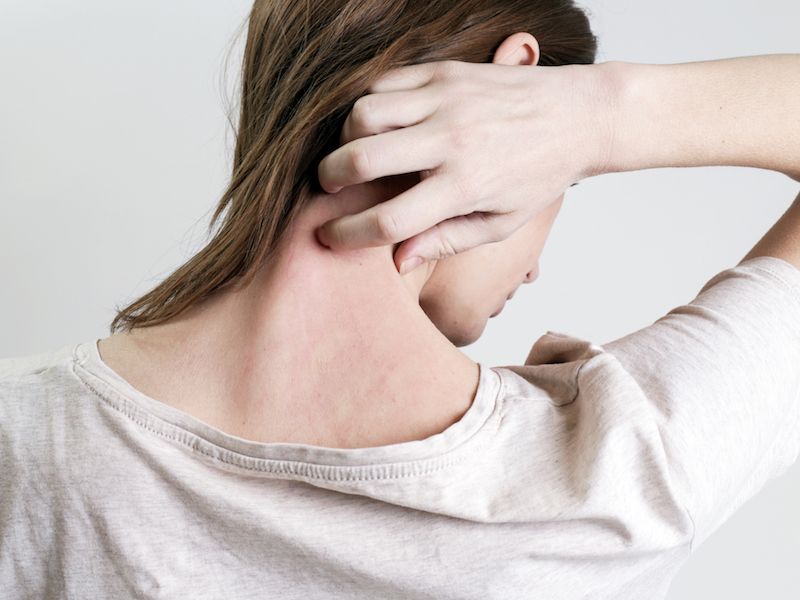
The word psoriasis usually recalls images of people with skin trouble like the people on all those commercials. Psoriasis impacts your overall health and not just your skin. Psoriasis is frequently misunderstood and minimized, due to a lack of knowledge of how psoriasis impacts sufferers as well as the serious conditions that can be related to this disorder. Even though plaques on the skin are its most obvious indicator, they’re indicative of what psoriasis can cause throughout the body: Chronic Irritation that can increase the danger of metabolic problems and cardiovascular disease.
New research reinforces the body of research linking another serious problem to psoriasis: Hearing loss. Published in The Journal of Rheumatology, this research looked at links between psoriatic arthritis, mental health, and hearing impairment. Psoriatic arthritis is a form of psoriasis where inflammation is centered near the joints, causing inflammation, difficulty with movement, and discomfort. Afflicted individuals could also suffer from psoriasis, but with psoriatic arthritis, it’s possible to have inflammation without also having the common plaques.
When someone has psoriatic arthritis, the body is essentially attacking its own healthy tissue in the same way that it does with rheumatoid arthritis because they are all autoimmune diseases. But as opposed to rheumatoid arthritis, you might have psoriatic arthritis on only one knee due to the fact that it’s asymmetrical, and that besides joints, it often impacts sufferer’s nails (bringing about painfully swollen fingers and toes) and eyes.
Based on the findings of this recent study, swelling caused by psoriatic arthritis could also affect hearing. The researchers contrasted the self-reported hearing loss of people who have psoriatic arthritis, people who suffer from psoriasis but not psoriatic arthritis, and a big control group of people with neither condition. They found that the group with psoriatic arthritis was more likely to report hearing impairment, and audiometric testing backed up the self-reports. Even when other risk considerations are taken into consideration, people diagnosed with psoriatic arthritis were significantly more likely to suffer from loss of hearing than either {the control group or psoriasis sufferers}.
But there is an evident connection between psoriasis, psoriatic arthritis and hearing loss. A 2015 study found that people who have been diagnosed with psoriasis are at a substantially higher danger of getting sudden sensorineural hearing loss, also called sudden deafness. With sudden sensorineural hearing loss, sufferer’s ability to hear decreases considerably in three days or less. There are several potential causes for this, but scientists theorize that people with psoriasis are in greater danger because of the kind of rapid inflammation that takes place during a flare-up of psoriasis symptoms. If this occurs in or around the cochlea, it could impede hearing. In many cases, treatments that alleviate psoriasis symptoms may be used to deal with this form of hearing loss, but hearing aids are often recommended when sudden deafness does not react to other treatments.
It’s important to monitor your hearing if you suffer from psoriasis or psoriatic arthritis. Schedule your yearly healthcare appointment along with normal hearing exams. Disease caused by inflammation can lead to inner ear injury, which can lead to loss of balance and psoriatic arthritis. There are also connections between psoriasis, psoriatic arthritis, depression and anxiety, both of which can be additionally aggravated by hearing loss. Other health issues, such as dementia, can be the result if you don’t catch loss of hearing sooner than later.
Recognition is key, and working with your doctors and periodically getting your hearing evaluated can help you keep ahead of symptoms with early intervention. You shouldn’t need to sacrifice your quality of life for psoriasis or for loss of hearing, and having the correct team by your side can make a huge difference.

